When mediocrity is adequate
I have come to the conclusion that mediocrity is the result of an implicit pact of non-aggression between people who do not want to make themselves as vulnerable as they would be if they chose to give the best of themselves.
Mediocrity is thus a reasonable adaptation, a legitimate peer support system, when people want to preserve a stronghold within themselves where their self-confidence and self-esteem are safe, in a harmful organisational context they don't see a way of changing.
Most organisations have an operative system based in these principles:
- identify an issue,
- isolate it from its context,
- plan and design a project to address it,
- define goals and metrics,
- expect results as planned.
Following these principles may be adequate in operations that manage problems up to a certain level of complicatedness in relatively stable environments. There are many other ways than mediocrity to preserve and even nurture one's self-confidence and self-esteem in such contexts.
But when these principles are applied to address complex strategic issues in turbulent environments, they exert violence in people, planet and everything in between. Mediocrity is then a sensible survival strategy.
Pestering people with messages of excellence and meritocracy through e.g. team-building exercises, motivational speeches, corporate culture drives and transformational initiatives is more of the same: by addressing their perceived lack of motivation as an issue isolated from the context, by implementing a project to motivate them and by expecting results as planned.
This operative system is perceived as immutable by most. So mediocrity remains for many an adequate adaptation, a reasonable response.
This doesn't contradict the facts that of course we all have periods in which we cannot or will not give the best of ourselves, nor that there are people who tend to let their share of work undone more than others, no matter the context. But this is not what I am writing about today.
The picture is of a sculpture I did 2012 with figures that represented different strategies I used to cope with different contexts I perceived as harmful. Let your fantasy flow when you look at them.
Mediocrity is thus a reasonable adaptation, a legitimate peer support system, when people want to preserve a stronghold within themselves where their self-confidence and self-esteem are safe, in a harmful organisational context they don't see a way of changing.
Most organisations have an operative system based in these principles:
- identify an issue,
- isolate it from its context,
- plan and design a project to address it,
- define goals and metrics,
- expect results as planned.
Following these principles may be adequate in operations that manage problems up to a certain level of complicatedness in relatively stable environments. There are many other ways than mediocrity to preserve and even nurture one's self-confidence and self-esteem in such contexts.
But when these principles are applied to address complex strategic issues in turbulent environments, they exert violence in people, planet and everything in between. Mediocrity is then a sensible survival strategy.
Pestering people with messages of excellence and meritocracy through e.g. team-building exercises, motivational speeches, corporate culture drives and transformational initiatives is more of the same: by addressing their perceived lack of motivation as an issue isolated from the context, by implementing a project to motivate them and by expecting results as planned.
This operative system is perceived as immutable by most. So mediocrity remains for many an adequate adaptation, a reasonable response.
This doesn't contradict the facts that of course we all have periods in which we cannot or will not give the best of ourselves, nor that there are people who tend to let their share of work undone more than others, no matter the context. But this is not what I am writing about today.
The picture is of a sculpture I did 2012 with figures that represented different strategies I used to cope with different contexts I perceived as harmful. Let your fantasy flow when you look at them.
